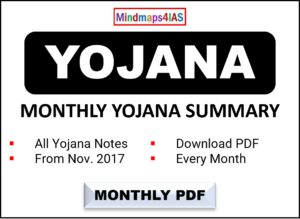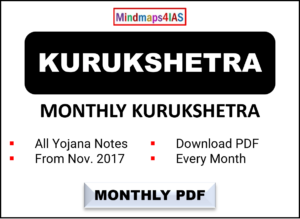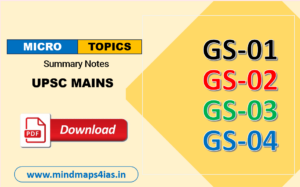Knowledge Booster: 8th Pay Commission
Subject: Economy
Relevance: Understanding the Pay Commission’s role is crucial for UPSC aspirants as it highlights government policy on employee compensation, inflation management, and its broader economic implications.
Relevance: Understanding the Pay Commission’s role is crucial for UPSC aspirants as it highlights government policy on employee compensation, inflation management, and its broader economic implications.
Why in the News?
On January 16, 2025, the Union government announced the establishment of the 8th Pay Commission to revise salaries for approximately 50 lakh central government employees and allowances for 65 lakh pensioners. This decision was made during a Cabinet meeting chaired by Prime Minister Narendra Modi, as stated by Union Minister Ashwini Vaishnaw. The appointment of the Commission’s chairman and members will follow shortly.
Key Takeaways
- Purpose of the Pay Commission: The Pay Commission is responsible for determining salary structures, allowances, and benefits for central government staff and pensioners. The 8th Pay Commission will specifically recommend revisions that could lead to increased remuneration and allowances.
- Consultation Process: Pay Commissions engage with both central and state governments, along with various stakeholders, to formulate recommendations regarding salary structures and benefits. Their suggestions are often adopted by state-owned organizations as well.
- Economic Impact: Implementing the recommendations from a Pay Commission typically results in heightened consumption and economic growth, enhancing the quality of life for government employees. Generally, a new Pay Commission is constituted every 10 years to revise employee remuneration.
- Dearness Allowance (DA): The commission also suggests formulas for revising dearness allowance and dearness relief to mitigate inflation’s impact on employees and pensioners. The dearness allowance is calculated based on the Consumer Price Index for Industrial Workers (CPI-IW), which is released monthly by the Labour Bureau.
- Historical Context: Since India’s independence in 1947, there have been seven Pay Commissions, with the last one established in 2014 and implemented on January 1, 2016. The 7th Pay Commission led to an expenditure increase of Rs 1 lakh crore for the fiscal year 2016-17, with Justice Ashok Kumar Mathur serving as its chairman.
- Beneficiaries: Over 49 lakh central government employees and nearly 65 lakh pensioners will benefit from the upcoming salary hikes. Initiating this process ahead of the 7th Pay Commission’s term conclusion in 2026 ensures adequate time for reviewing recommendations before its completion.
Beyond the Nugget: Understanding Inflation
- Definition of Inflation: Inflation is defined as the rate at which the general price level of goods and services rises over time, leading to a decrease in money’s purchasing power or real income. As inflation increases, each unit of currency buys fewer goods and services than before.
- Impact on Households: Rising inflation particularly affects households with lower or fixed incomes, reducing their purchasing power as costs rise.
- Real Interest Rates: High inflation erodes real interest earned on savings; for instance, if a savings account offers a nominal interest rate of 6%, but inflation is also at 6%, the real interest earned effectively becomes zero. Conversely, borrowers benefit from inflation since they repay loans with money that has less purchasing power.
- Measuring Inflation: Various methods exist to measure inflation, including:
- Consumer Price Index (CPI)
- Wholesale Price Index (WPI)
- GDP Deflator
- Producer Price Index (PPI)
- Wage Inflation
Understanding these concepts is vital for comprehending economic policies and their implications on both macroeconomic stability and individual financial well-being—key areas of focus for UPSC aspirants.
















